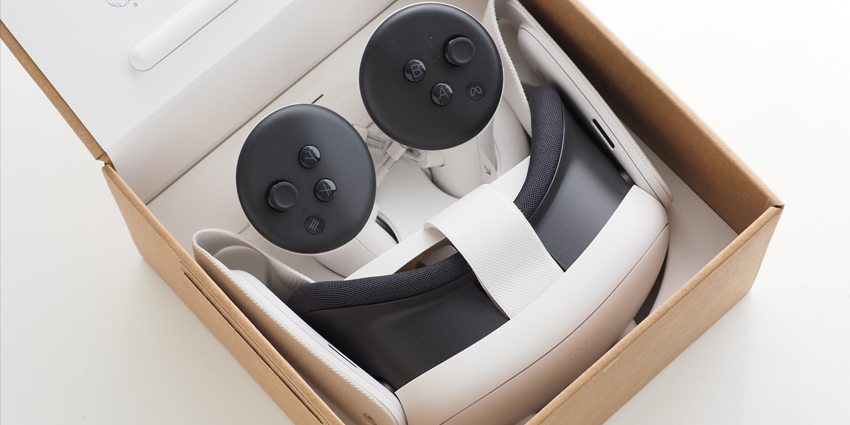Fisk University students will be able to attend a new virtual reality (VR) campus in the autumn this year — one of the first in the United States.
The new campus is a 5G-powered virtual human cadaver lab designed for pre-med and biology students, and is a partnership between Fisk University, HTC VIVE, T-Mobile, and VictoryXR.
The Nashville, Tennessee-based institution is one of the top historically black colleges and universitites (HBCUs) in the nation.
Fisk’s new facility will combine in-person lectures with 5G and VR technologies, allowing students to explore the human body, including skeletal, muscle, and organ systems.
Dr Vann Newkirk, President of Fisk University, said:
“We’re combining the best aspects of virtual and in-person learning, and this is the future of education. Fisk University is emerging as a tech leader among colleges, and our effort to bring a virtual reality cadaver lab to campus exemplifies our commitment to provide students with a state-of-the-art education”
With the VR course, students can examine internal organ systems of the human body, and professors can also remove organs from the subject and pass them to other students in the virtual environment.
The platform will also allow learners to enlarge and ‘enter’ organs to examine specimens further.
Dr Shirley Brown, Dean of Fisk University, added:
“With this cadaver lab, our pre-med students will no longer need to rely on other universities for advanced anatomy and biology classes. Virtual reality technology takes our university to a level equal to the most advanced schools in the country”
Fisk University adopted the new VR solution as it was difficult to buy cadavers due to their high cost and upkeep, but the virtual lab provided the institution with an affordable solution to replace real specimins.
Virtual cadavers do not degrade over time and developers can add new modules to the trainer course such as surgical procedures, comparative learning across species, and even microbiology classes.
The collaboration will also allow the university to teach virtual history courses where students can visit major moments in US history such as the Montgomery Bus Boycott, the Lorraine Motel in Memphis, as well as the National Mall in Washington, DC, among many others.
Comments on the XR Training Platform
Steve Grubbs, Chief Executive of VictoryXR, added the rise of VR was “redefining the classroom.”
According to him, remote learning was “broken” and VR campuses allowed professors and students to reunite to “teach, learn and solve problems.”
The VR cadaver lab employs HTC VIVE headsets developed by modules on Unity Technology’s real-time 3D (RT3D) platform, and operates on T-Mobile’s Ultra Capacity 5G network.
T-Mobile’s 5G networks offer low-latency to facilitate numerous VR applications on a single network.
HTC VIVE’s all-in-one Focus 3 headsets will provide high-definition visual along with advanced audio, tracking, and controllers for learners.
Nigel Newby House, Vice-President for HTC Operator Solutions, stated the advancements in hardware and 5G enabled the Taiwanese tech firm to power immersive learning experiences for students “in ways we never imagined.”
John Saw, Executive Vice-President of Advanced and Engineering technologies at T-Mobile, said his firm’s 5G networks had opened up “endless possibilities” to explore the world in “ways that weren’t possible before”.
The developments come after VictoryXR began focusing on educational content in a partnership with ChalkBites, which hoped to address XR experiences for numerous learning environments.
XR Today recently spoke with members of the North Pennsylvania School District (NPSD) and XR education firm Notiontheory to discuss its new programme for teaching spacial computing to learners.
The medical industry has recently seen a surge in XR solutions from firms such as Osso VR, Virti and PrecisionOS, which aim to educate trainees in medicine, surgery, as well as perform robotic surgeries.







